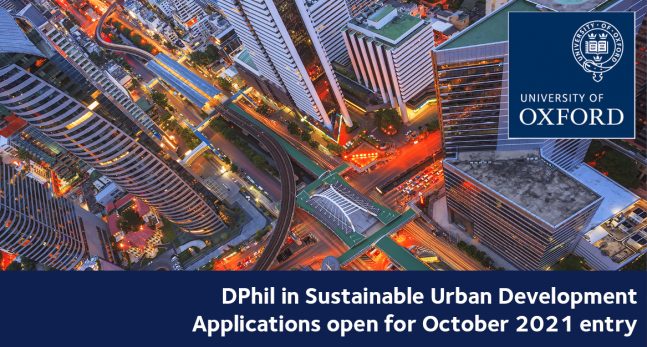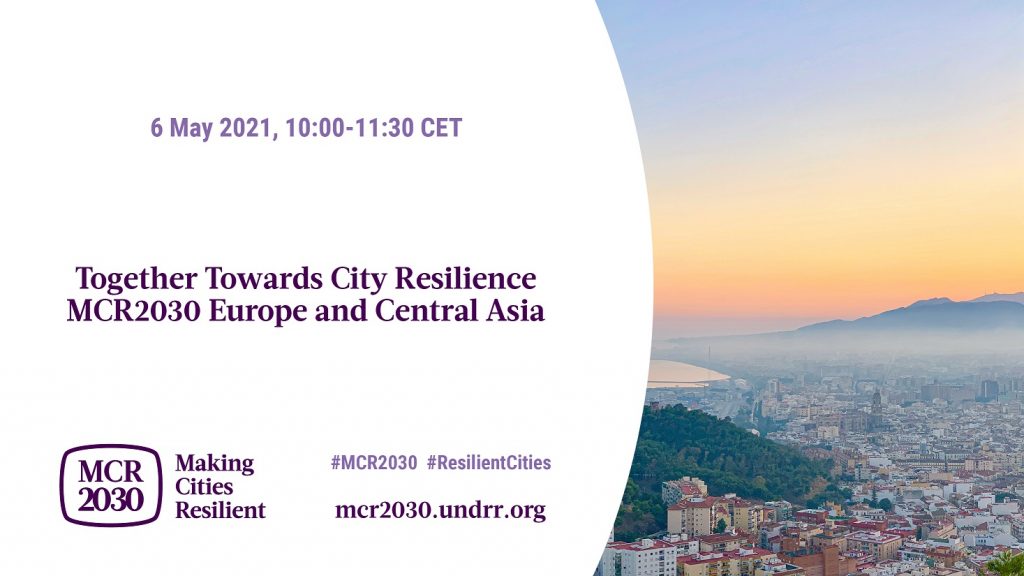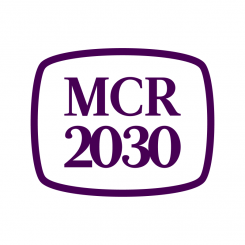SHAPE THE FUTURE OF NEXT GENERATION INFRASTRUCTURE
Well-planned infrastructure strengthens the resiliency, sustainability, and the economic viability and livability of communities. Offered by the University of Washington Department of Urban Design and Planning, the Master of Infrastructure Planning and Management online degree prepares you to lead the development of the next generation of critical infrastructure systems — improving security, and accessibility. Gain a broad understanding of the complexity and the interdependencies between infrastructure systems — communications, public health, water, energy, food and transportation — with a final project that allows you to showcase your acquired knowledge about an infrastructure issue of your choice.
PROGRAM FEATURES
- In-depth courses covering key topics such as infrastructure finance, emergency management, green infrastructure practices, urban mobility, climate change, urban informatics, geographic information systems, social equity and inclusion, and community resilience
- Examination of key infrastructure sectors and their essential components through the lens of systems thinking
- All-hazards risk management approach, shaped by faculty and industry experts, that complements a traditional emergency management focus, encompassing threats from natural hazards, deterioration, cyber penetrations, and climate change
- Instruction based on case studies and problem solving to strengthen critical thinking and leadership skills
- Increased focus on use of data analysis tools and systems to improve decision making and strategic planning
CONVENIENT ONLINE FORMAT
Take advantage of our robust online learning platform to complete your degree no matter where you live or work. This 100% online program is specifically designed with working professionals in mind, allowing those in a global mobile workforce to earn their graduate degree. Study with UW faculty and industry practitioners who offer diverse expertise in their respective fields.
DPhil in Sustainable Urban Development
A flexible, part-time doctoral programme over four to eight years.
Starting October 2021.
The Doctor of Philosophy (DPhil) provides outstanding graduates with an opportunity to pursue in-depth and rigorous research into the pressing challenges of urban sustainability.
You will receive guidance from your University supervisor, be encouraged to develop your independent research skills through our doctoral training initiatives and have full access to Oxford’s research facilities and online resources.
Potential supervisors are available from a range of specialists across the University of Oxford.
Find out more about the doctoral programme.
The Making Cities Resilient 2030 (MCR2030) initiative responds to the growing need to boost resilience at the local level. Crises such as COVID-19 and climate change remind us that managing disaster risk is everyone’s business, in which local governments play an instrumental role. Building resilience of local governments through robust risk governance structures and processes is a critical step to ensure that impacts are mitigated and measures are taken at the most localised and disaggregated level.
The United Nations Office for Disaster Risk Reduction (UNDRR) Regional Office for Europe, in partnership with ICLEI Europe – Local Governments for Sustainability, invite you to this regional webinar, which sets in motion a decade for city resilience through the implementation of the MCR2030 initiative across the Europe and Central Asia region.
This event brings to light cities at various stages of their resilience journey. The city experiences aim to showcase how, through robust risk knowledge, planning and implementation, city resilience can be strengthened in a spirit of peer learning and partnership central to the MCR2030 initiative.






